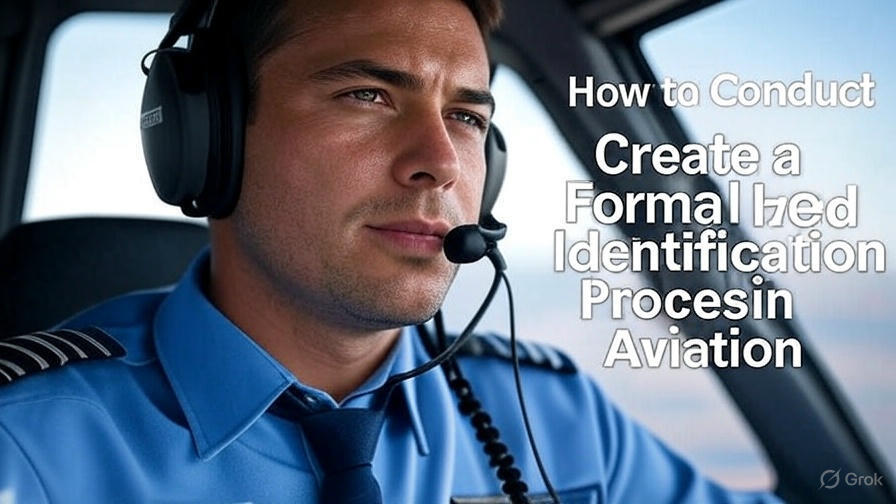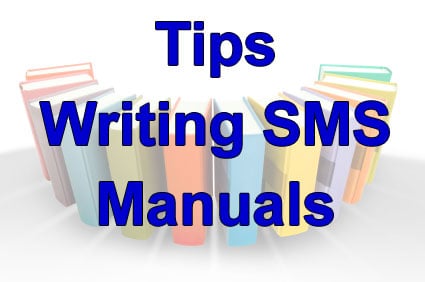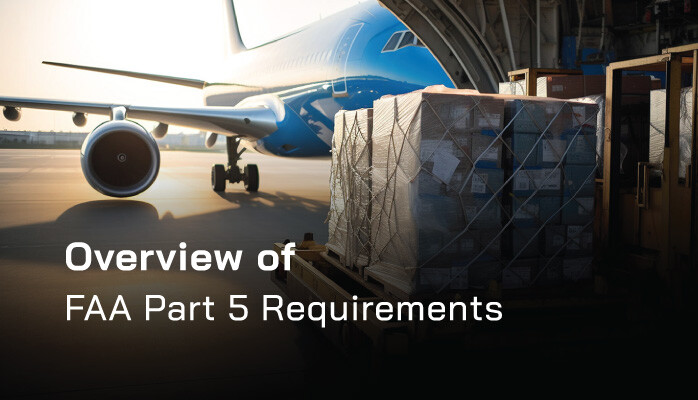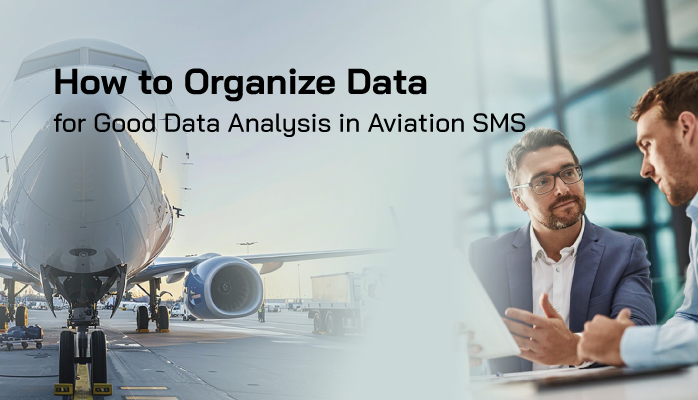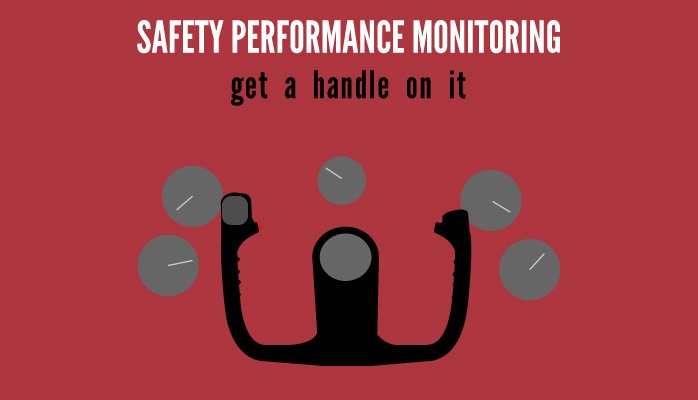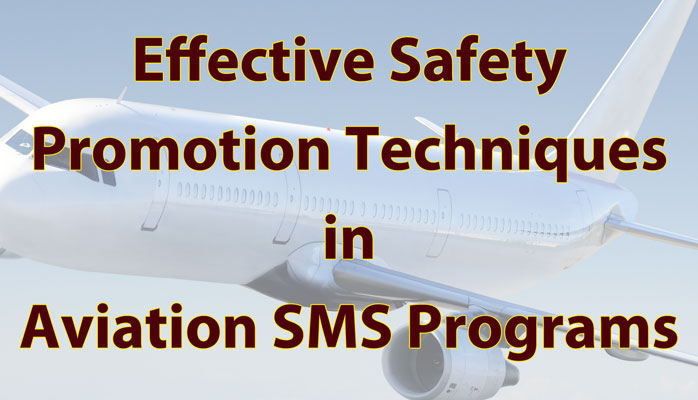Jamie Adams

Jamie Adams, born in Homer, Alaska, developed a deep interest in aviation mechanics growing up in a town surrounded by small airfields and seaplanes. After completing their Airframe and Powerplant (A&P) certification, Jamie began a career in aviation maintenance, working for 25 years in a Maintenance, Repair, and Overhaul (MRO) facility in Anchorage. There, Jamie specialized in aircraft systems, focusing on turbine engines and avionics for regional aircraft operating in Alaska’s demanding conditions. Jamie’s meticulous attention to detail and expertise in troubleshooting complex mechanical issues earned them a reputation as a trusted technician among pilots and operators. In 2012, Jamie joined SMS Pro, a leading provider of Safety Management System (SMS) software for the aviation industry. Transitioning from hands-on maintenance to a safety-focused role, Jamie brought their extensive MRO experience to the table, helping aviation organizations implement effective safety protocols. As a safety specialist at SMS Pro, Jamie develops risk assessment tools and training programs, ensuring maintenance teams adhere to global safety standards. Their practical insights have been vital in bridging the gap between operational maintenance and safety management. Jamie continues to reside in Homer, where they enjoy fishing and mentoring young aviation enthusiasts. They hold a degree in Aviation Maintenance Technology from the University of Alaska Anchorage and remain an active member of the Alaskan aviation community.
Introduction:
The Cornerstone of Aviation Safety
Hazard identification is the foundation of a robust aviation Safety Management System (SMS), enabling organizations to proactively address risks before they escalate into incidents. The Federal Aviation Administration attributes 70% of aviation incidents to unaddressed hazards, costing the industry $1.2 billion annually, according to IATA. Effective hazard identification ensures compliance with ICAO Annex 19 and FAA Part 5, fostering a proactive safety culture. SMS Pro’s aviation SMS software streamlines this process with tools like the offline Flight Risk Assessment Tool (FRAT), hazard reporting, real-time analytics, and corrective action tracking.
Read More
Topics:
4-Safety Promotion,
2-Safety Risk Management
The Heart of Aviation Safety
Aviation demands uncompromising safety. A single oversight can have dire consequences. Safety Management Systems (SMS) provide a structured way to prevent risks. Mandated by ICAO in 2006, SMS is now a global standard. Understanding its benefits is key for safety managers and executives.
Read More
Topics:
4-Safety Promotion,
3-Safety Assurance,
Risk Management Software,
1-Safety Policy,
Safety Culture
Avoid Mistakes Writing Aviation SMS Manuals
Writing an aviation Safety Management System (SMS) manual is a complex task that requires alignment with International Civil Aviation Organization (ICAO), Federal Aviation Administration (FAA), and European Union Aviation Safety Agency (EASA) standards, as outlined in TOC 1.1–9.1. For safety managers, consultants, and accountable executives, errors in the manual can lead to compliance failures, audit findings, or rework, costing up to 200 hours, as reported by consultants. This guide highlights nine common mistakes to avoid when crafting an SMS manual, offering practical tips to ensure compliance and efficiency for operators from small flight schools to global airlines. By sidestepping these pitfalls, organizations can save time and build a strong safety framework.
Read More
Topics:
4-Safety Promotion,
3-Safety Assurance,
2-Safety Risk Management
Ensuring FAA Part 5 Compliance in Aviation SMS Manuals
Ensuring compliance with FAA Part 5, as outlined in TOC 9.1 of an aviation Safety Management System (SMS) manual, is essential for U.S.-based operators to meet Federal Aviation Administration (FAA) safety standards. This regulation mandates a structured SMS framework, aligning with International Civil Aviation Organization (ICAO) principles, to manage risks and enhance safety.
Read More
Topics:
2-Safety Risk Management,
Risk Management Training,
FAA Compliance
Manage Risk Acceptance in Aviation SMS Manuals
Managing risk acceptance is a critical component of an aviation Safety Management System (SMS) manual, as outlined in TOC 6.1–6.5. It ensures that residual risks, after mitigation, are formally evaluated and accepted by appropriate authorities, supporting Management of Change (MOC) and compliance with International Civil Aviation Organization (ICAO), Federal Aviation Administration (FAA), and European Union Aviation Safety Agency (EASA) standards.
Read More
Topics:
Aviation SMS Implementation,
2-Safety Risk Management
In the fast-paced, data-intensive world of aviation, safety is non-negotiable. For aviation safety managers and accountable executives, implementing an effective Safety Management System (SMS) is critical to ensuring operational safety and regulatory compliance. However, one of the biggest challenges new safety managers face is analyzing SMS data to make informed, data-driven decisions.
Without a clear starting point, the wealth of data can feel overwhelming.
Read More
Topics:
Key Performance Indicators,
Aviation SMS Database,
3-Safety Assurance,
Risk Management Software,
2-Safety Risk Management,
Risk Management Training,
FAA Compliance
Monitoring Safety Performance in Aviation SMS Manuals
Monitoring safety performance is a critical component of an aviation Safety Management System (SMS) manual, as outlined in TOC 4.1–4.3. It ensures that safety goals are met, risks are managed, and compliance is maintained with International Civil Aviation Organization (ICAO), Federal Aviation Administration (FAA), and European Union Aviation Safety Agency (EASA) standards.
Read More
Topics:
Aviation SMS Implementation,
3-Safety Assurance
Develop Safety Analysis Process for Aviation SMS Manual
A safety analysis process is a critical component of an aviation Safety Management System (SMS) manual, as outlined in TOC 5.1–5.5. It ensures systematic evaluation of safety data, including hazard reports and incident investigations, to support Management of Change (MOC) and maintain compliance with International Civil Aviation Organization (ICAO), Federal Aviation Administration (FAA), and European Union Aviation Safety Agency (EASA) standards.
Read More
Topics:
Aviation SMS Implementation,
3-Safety Assurance
In aviation, where safety is paramount, a robust Safety Management System (SMS) is the cornerstone of risk management. For aviation safety managers and accountable executives—senior leaders responsible for SMS oversight—promoting SMS across an organization can be challenging, especially when training staff on complex concepts.
New safety managers often struggle to engage employees and foster a safety-first culture, while executives need practical ways to demonstrate leadership and compliance with standards set by the International Civil Aviation Organization (ICAO) and national authorities like the FAA or EASA.
Read More
Topics:
4-Safety Promotion
Building Safety Assurance in Aviation SMS Manuals
Safety Assurance (SA) is a critical pillar of an aviation Safety Management System (SMS) manual, as outlined in TOC 2.1.4 and 7.1–7.5. It ensures that safety processes function effectively through audits, performance monitoring, and corrective actions, aligning with International Civil Aviation Organization (ICAO), Federal Aviation Administration (FAA), and European Union Aviation Safety Agency (EASA) standards.
Read More
Topics:
Aviation SMS Implementation,
3-Safety Assurance,
Risk Management Training

